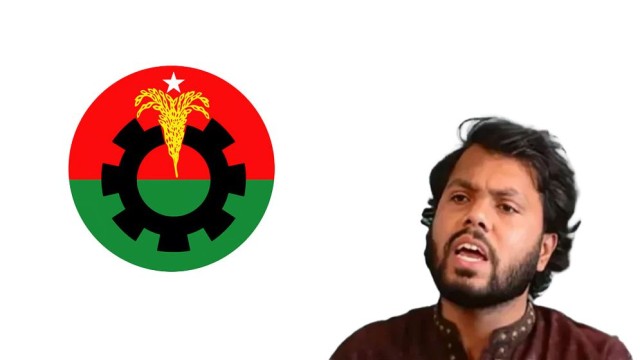"Germany unveiled a comprehensive reform of its citizenship laws in a historic legislative move that will expedite the naturalization process and draw in talent from around the world."
Germany has undertaken a substantial legislative reform by easing citizenship requirements, facilitating the naturalization process for long-term residents, and enticing skilled workers globally. This overhaul involves a reduction in the residency duration for citizenship eligibility, the removal of restrictions on dual citizenship, and a heightened emphasis on upholding democratic principles.
From eight or six years to three years in the case of "special integration accomplishments," a person will be eligible for German citizenship after five years of residency under the new law. In place of the previous eight years, children born in Germany will automatically become citizens if one parent has been a lawful resident for five years.
Moreover, restrictions on holding dual citizenship will be eliminated, allowing most people from countries outside the European Union and Switzerland to retain their previous nationality upon gaining German citizenship. The government highlighted that 14% of the population, over 12 million people, do not possess German citizenship, with about 5.3 million living in the country for at least a decade.
The reform, according to Interior Minister Nancy Faeser, puts Germany in line with its neighbors in Europe, including France. She also underlined the necessity for Germany to draw in skilled labor from around the world. Germany's naturalization rate is currently below the EU average; the move is intended to boost it.
The legislation requires individuals seeking naturalization to be able to support themselves and their relatives, with exemptions for certain groups, including "guest workers" who came to West Germany up to 1974 and those who came to East Germany to work.
In a video message, Chancellor Olaf Scholz expressed the importance of acknowledging those who have contributed to Germany for decades, stating that the reform means "no one will have to deny his roots." The new law also specifies that antisemitic and racist acts are incompatible with the commitment to the "free democratic fundamental order."
The government emphasizes that these reforms tackle persistent challenges and foster a more progressive and inclusive society.































Comment: